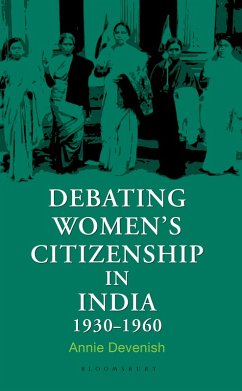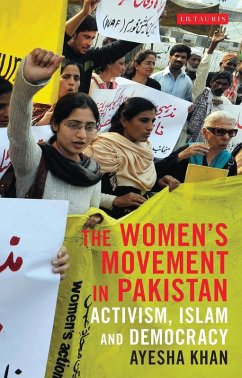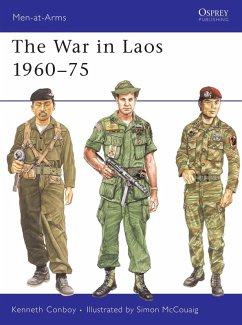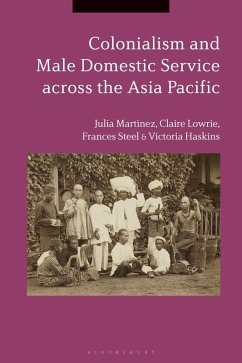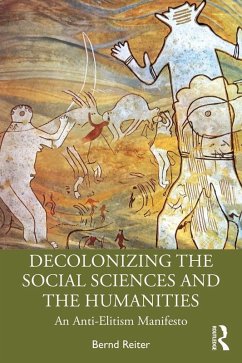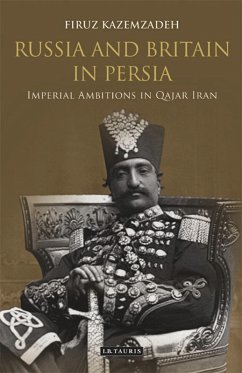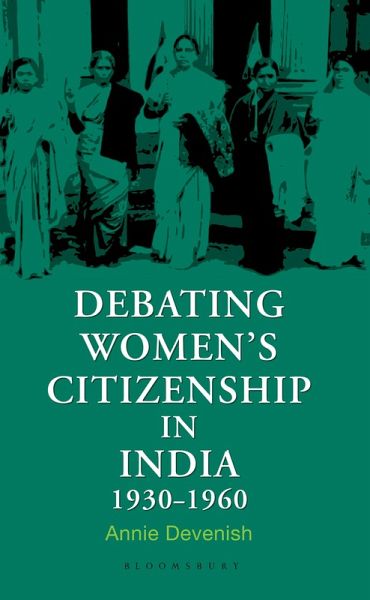
Debating Women's Citizenship in India, 1930-1960 (eBook, PDF)
Versandkostenfrei!
Sofort per Download lieferbar
69,95 €
inkl. MwSt.
Weitere Ausgaben:

PAYBACK Punkte
35 °P sammeln!
Debating Women's Citizenship, 1930-1960 is about the agency of Indian feminists and nationalists whose careers straddle the transition of colonial India to an independent India. It addresses some of the critical aspects of the encounter, engagement and dialogue between the Indian state and its women citizens, in particular, how this generation conceptualised the relationship between citizenship, equality and gender justice, and the various spheres in which the meaning and application of this citizenship was both broadened and narrowed, renegotiated and pursued. The book focuses on a cohort of ...
Debating Women's Citizenship, 1930-1960 is about the agency of Indian feminists and nationalists whose careers straddle the transition of colonial India to an independent India. It addresses some of the critical aspects of the encounter, engagement and dialogue between the Indian state and its women citizens, in particular, how this generation conceptualised the relationship between citizenship, equality and gender justice, and the various spheres in which the meaning and application of this citizenship was both broadened and narrowed, renegotiated and pursued. The book focuses on a cohort of nationalists and feminists who were leading members of the All India Women's Conference (AIWC) and the National Federation of Indian Women (NFIW). Drawing on the richness and depth of life histories through autobiography and oral interviews, together with archival research, this book excavates the mental products of these women's lives, their ideas, their writings and their discourse, to develop a deeper and more nuanced understanding of the feminist political personas of this generation, and how these personas negotiated the political and social terrains of their time. The book attempts to produce a new picture of this era, one in which there was far more activity and engagement with the state and with civil society on the part of this generation than previously acknowledged.




